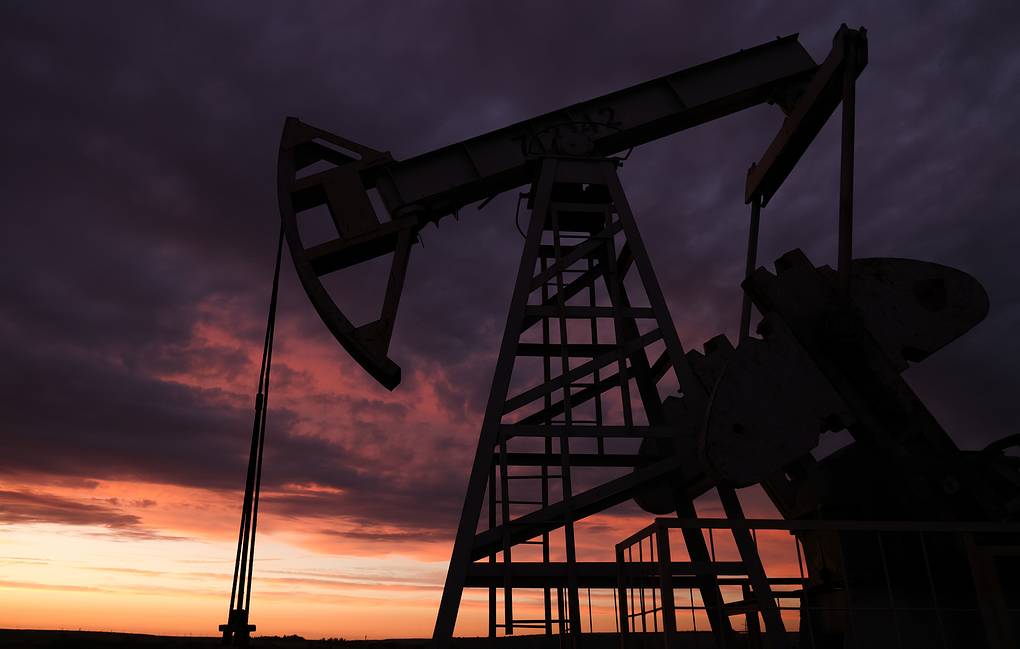Day 283: G7, Australia Agree to Price Cap on Russian Oil
Countries from the G7 and Australia agreed to join an EU proposal to cap the price of Russian oil exports at $60-per-barrel on Friday.

Facts
- Countries from the G7 and Australia agreed to join an EU proposal to cap the price of Russian oil exports at $60-per-barrel on Friday.
- The move, set to go into effect on Dec. 5, is aimed at limiting the funds available to Russian Pres. Vladimir Putin and his country's war in Ukraine. US Treasury Secretary Janet Yellen said the agreement will help restrict Putin’s "primary source of revenue for his illegal war in Ukraine while simultaneously preserving the stability of global energy supplies."
- However, agreeing to the cap was the subject of heated debate among diplomats, with some arguing a price cap should be much lower to further penalize Putin. Others said a lower cap could cause turmoil in the energy markets, namely as Russia is the world's second-largest oil producer.
- In a joint statement from the G7 on Friday, the countries said they're "prepared to review and adjust the maximum price as appropriate," taking into account market developments and how that's affecting their countries, as well as other low and middle-income countries.
- On Saturday, Russia's US embassy issued a statement that said: "We are witnessing a reshaping of the basic principles of free markets." According to its diplomats, "steps like these will inevitably result in increasing uncertainty and imposing higher costs for raw materials’ consumers."
- "Moreover, from now on no country is immune to the introduction of all sorts of 'caps' on its exports, rolled out for political reasons," the statement added. "Regardless of the current flirtations with the dangerous and illegitimate instrument, we are confident that Russian oil will continue to be in demand."
- Meanwhile, on the ground on Saturday, renewed Russian attacks were reported in the regions of Sumy, Kherson, Zaporizhzhia, and Dnipropetrovsk, with no reports of civilian injuries, while one civilian was injured in Russian attacks on Kharkiv. In Odesa, eight people were injured — including five police officers — after an explosion detonated in the parking lot of a regional branch of Ukraine's emergency services.
- In Ukrainian attacks, pro-Russia officials from the Donetsk People's Republic (DPR) reported that five civilians were killed and 14 more injured in the last 24 hours.
Sources: Associated Press, Politico, Tass, and Pravda.
Narratives
- Pro-establishment narrative, as provided by Associated Press. The benefits of this agreement are two-fold: A cap on Russia's oil exports will further strain the resources available to Moscow for fighting its war in Ukraine while alleviating price instability if Russian oil is taken off the market.
- Establishment-critical narrative, as provided by FX Street. With countries such as China, India, and others unlikely to go along with the EU's proposal, it's highly unlikely that it will be successfully implemented or work. A price cap is a ridiculous idea.
- Pro-Russia narrative, as provided by Tass. Not only does a cap on the price of Russian oil — which will hardly make a dent in Putin's profits — go against the principles of international trade and have grave consequences for the global energy market, but it also paves the way for setting price caps in other sectors.






